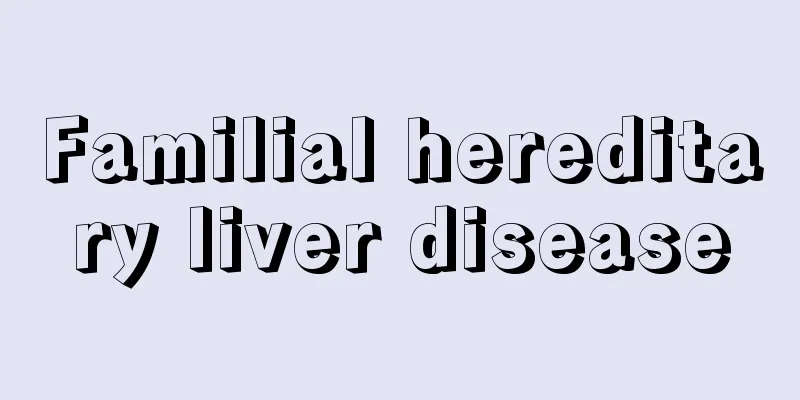Nursing precautions for lung cancer surgery

|
After lung cancer patients are saved by doctors, their health care is also very important. With the development of society, the improvement of medical care and the continuous extension of human life expectancy. However, social development has also paid the price of environmental pollution. The incidence of tumors, especially lung cancer, has increased significantly. The cause is mainly related to smoking and air pollution. The treatment is mainly surgery, combined with radiotherapy, chemotherapy and traditional Chinese medicine for comprehensive treatment. Postoperative care of lung cancer: 1. Strengthening respiratory care, preventing and treating respiratory insufficiency, clearing respiratory secretions, and maintaining gas flow are the key points of postoperative care. For patients with severe pulmonary infection, a large amount of respiratory secretions, and weak expectoration, which leads to respiratory insufficiency, they often need to inhale oxygen repeatedly for a long time and may need to use a ventilator to assist breathing at any time. At this time, tracheotomy and suction of sputum are the most convenient and safest. 2. Keep the patient calm and reduce agitation. Continuously monitor the ECG and closely monitor vital signs and arrhythmias. 3. Control the infusion volume and speed to prevent pulmonary edema. The amount of blood transfusion should be lower than the amount of blood loss. It is better to have less than more. It is better to maintain proper dehydration. Do not infuse too fast. The speed should not exceed 20 to 30 drops/min. 4. Observation of chest drainage (1) After pneumonectomy, especially for patients with pleural adhesions or pneumonectomy, the amount of pleural fluid exudate and blood pressure changes should be closely observed. (2) Since the chest tube is removed without residual cavity treatment, a moderate amount of pleural effusion in the chest cavity plays a role in stabilizing the mediastinum. After the tube is removed, the patient's breathing should be closely observed to prevent excessive pleural effusion from causing mediastinal displacement. 5. Start with the simplest liquid diet. If there is no adverse reaction to the gastrointestinal tract, then transition to semi-liquid diet and normal diet. Generally, you can eat normally after 3-4 days. For those with poor physical fitness, in addition to eating full-liquid and semi-liquid diets, they should also take amino, albumin, fat emulsion, etc. intravenously to supplement the body's nutrition within one week after the operation. Stop when you can eat normally. 6. Reasonable posture, proper activities and exercises. Patients who have undergone pneumonectomy should take a functional upright position during postoperative exercises to facilitate the restoration of normal posture. It is not advisable to squat to relieve bowel movements, so as not to cause postural hypotension. Exercise appropriately while getting up and moving around. Give appropriate analgesics before exercise and assist the patient in coughing up sputum. The amount of exercise should not cause pain or fatigue. Postoperative precautions for lung cancer: Patients should eat more fresh vegetables and fruits regardless of whether they are before or after surgery. Such as green, yellow, and red vegetables, mushrooms, black fungus, red dates, etc., because fruits and vegetables are rich in vitamin C and nutrients, which are anti-cancer substances and can block the formation of cancer cells. The richer the food variety, the better, and the more comprehensive the nutrition. You cannot eat a single food just because a certain food is nutritious, otherwise the effect will not be achieved. After lung cancer surgery, patients should be prohibited from smoking to avoid promoting recurrence. For patients with decreased lung function, they should be guided to gradually increase the amount of exercise. After surgery, patients should always pay attention to their recovery. If there is a recurrence, they should immediately go to the hospital for a doctor's consultation to decide whether to undergo radiotherapy or chemotherapy. Patients should always pay attention to whether they have fever, severe cough, blood in sputum, shortness of breath, chest pain, headache, vision changes, liver pain, bone pain, supraclavicular lymphadenopathy, hepatomegaly, etc. If the above symptoms are found, they should go to the hospital for treatment in time. |
<<: The main cause of lung cancer
>>: Characteristics of cough symptoms caused by lung cancer
Recommend
One finger is numb
Numbness in the limbs is a health problem that ma...
What medicine is effective for yellow nasal discharge and white phlegm
People often have a runny nose when they catch a ...
Peripheral lung cancer is not serious
Peripheral lung cancer is not serious 1. Peripher...
Is the mortality rate of tongue cancer high?
Although today's living standards are constan...
What are the symptoms of liver cancer metastasis to the lungs? There are four symptoms
If liver cancer is not effectively controlled, it...
How to wash rust off clothes
If you don't use a clothesline when drying cl...
What are the early symptoms of bladder cancer
In recent years, bladder cancer has become one of...
What is the cure rate for thyroid cancer
What is the cure rate of thyroid cancer? Thyroid ...
What is the scope of radical radiotherapy for nasopharyngeal carcinoma?
What is the scope of radical radiotherapy for nas...
4 things to note when caring for prostate cancer
The treatment process of prostate cancer is relat...
The efficacy of vinegar, sesame oil and honey
Vinegar, sesame oil and honey are foods we are ve...
What are some tips for cleaning oil stains on suede?
Oil stains are one of the most common stains in l...
How to effectively treat mild hypertension?
Don't think that mild hypertension is nothing...
The efficacy and function of Tanzanite
Tanzanite is a kind of gemstone. Many women like ...
Causes that induce the gradual formation of bone cancer
The continuous outbreak of bone cancer is very co...









